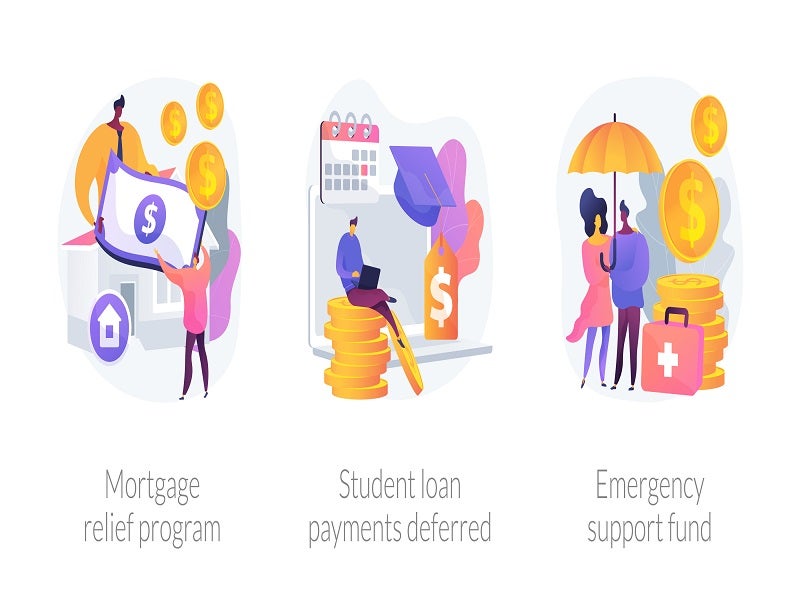
As Covid-19 lockdown measures continue across the world, unemployment rates have spiked, and several businesses have collapsed. Stimulus packages are key to addressing these issues and reviving the economy. Although these packages may increase national debt, they are essential to avoid a protracted recession.
Rory Johnston
Rory Johnston, Managing Director and Market Economist at Price Street, shared a graph depicting the various rescue packages announced by countries across the world to deal with the impact of the Covid-19 pandemic.
The graph shows that emerging markets are leading in handing out direct cash payments compared to advance economies.
Very handy visualization on COVID rescue packages.
I'd love to see the relative size of each package noted at the right axis (% of GDP of whatever measure you want). https://t.co/9b9McBQyFD
— Rory Johnston (@Rory_Johnston) April 22, 2020
How well do you really know your competitors?
Access the most comprehensive Company Profiles on the market, powered by GlobalData. Save hours of research. Gain competitive edge.
 Company Profile – free sample
Company Profile – free sampleThank you!
Your download email will arrive shortly
Not ready to buy yet? Download a free sample
We are confident about the unique quality of our Company Profiles. However, we want you to make the most beneficial decision for your business, so we offer a free sample that you can download by submitting the below form
By GlobalData
Ernie Tedeschi
Ernie Tedeschi, former US Treasury economist, tweeted that the Covid-19 outbreak and unemployment rate of more than 20% is a bigger problem than national debt. The tweet was in response to US Senator Mitch McConnell’s comment stating that states should declare bankruptcy rather than seek federal assistance.
Tedeschi added that the government should spend what is needed and reassess fiscal policy when the outbreak is controlled.
The coronavirus itself, and the prospect of 20+% unemployment, is a bigger problem than the national debt right now, by several orders of magnitude.
Let's spend what we need right now and we can reassess fiscal policy when we're recovered. https://t.co/9C3lfsFRM2
— Ernie Tedeschi (@ernietedeschi) April 22, 2020
Pedro da Costa
Pedro da Costa, a reporter, shared an article about the impact of Covid-19 pandemic on low-income communities. He added that low-income jobs in the fields of retail, hospitality and childcare are at risk during lockdowns imposed by governments. Such jobs do not offer paid sick leave or health insurance.
Governments should target their stimulus packages towards these low-income communities and create an adequate standard of living for everyone, the article added.
"Low-income jobs in fields like retail, hospitality, childcare, and the gig economy cannot be performed remotely, and in the US the majority do not offer paid sick leave or health insurance." https://t.co/vSHwTUZd1V
— Pedro da Costa (@pdacosta) April 22, 2020
Ludovic Subran
Ludovic Subran, chief economist at Allianz, shared an article detailing how household saving rates in Europe are expected to increased by an average of 36% in the second quarter of 2020 due to lockdown restrictions. This will equate to €1.3tn in additional savings or 10% of GDP.
Government should develop policies that focus on unlocking these savings by creating a conducive environment for increasing spending, the article adds. Some of the ways in which spending can be increased include supplementing existing unemployment and public guarantee schemes, and access to wealth management facilities.
https://twitter.com/Ludovic_Subran/status/1252879230473363456






